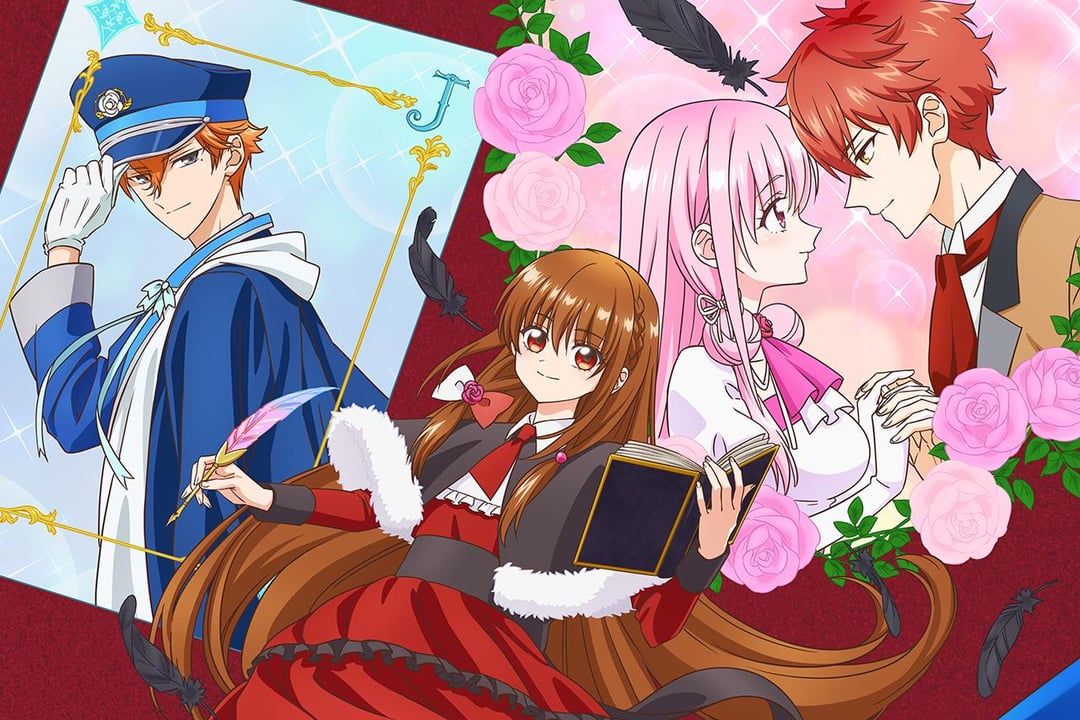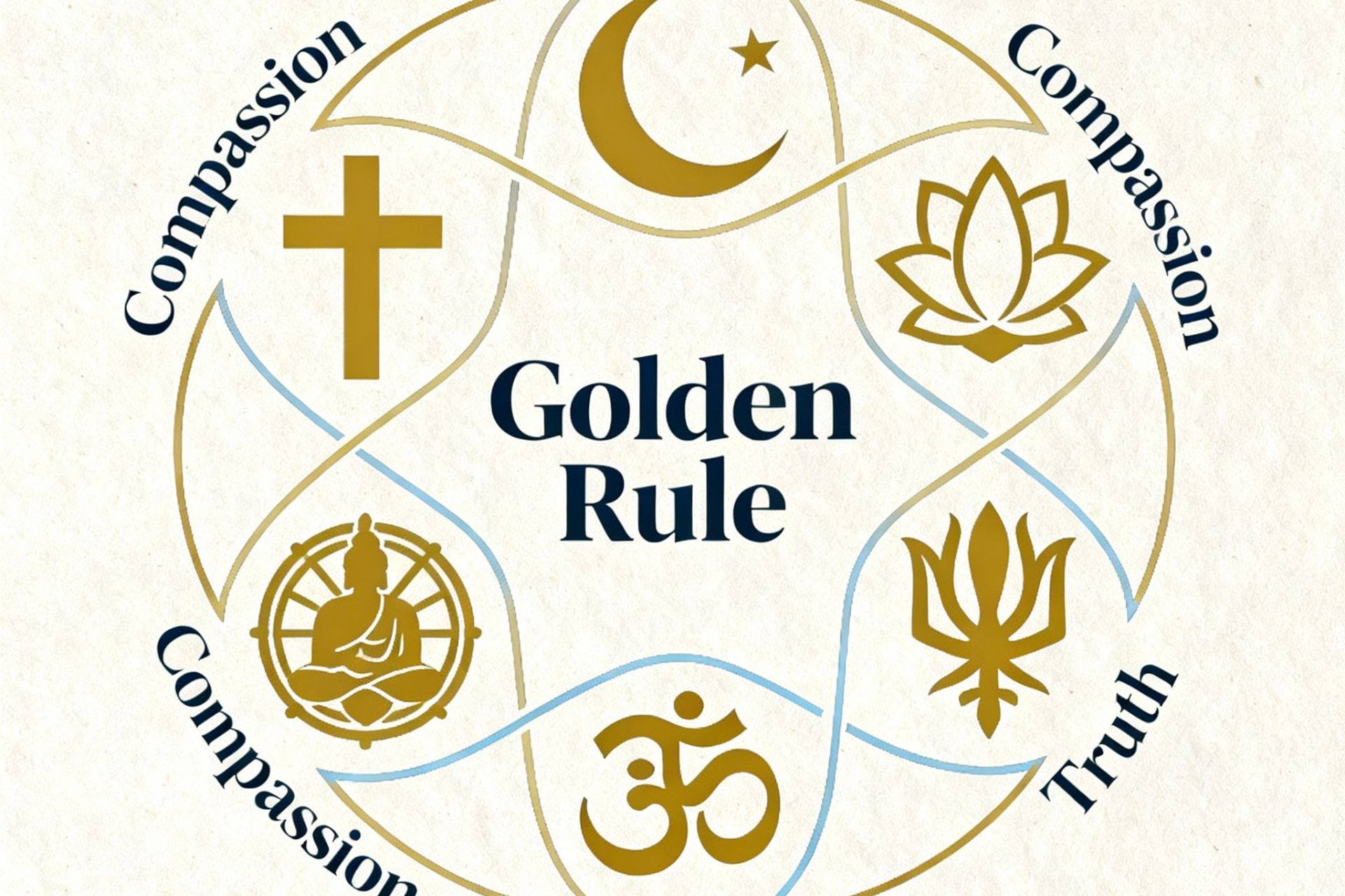Dolly Parton is a once-in-a-generation artist whose blend of songwriting genius, business savvy, and philanthropic grit has made her a permanent fixture in global culture. Known as the “Queen of Country,” she has written over 3,000 songs, sold more than 100 million records, and crossed seamlessly into film, television, and publishing.
Roots, Voice, and Velocity
Born in rural Tennessee, Parton started performing as a child and was recording by her early teens before moving to Nashville right after high school. The unmistakable soprano, equal parts porcelain and steel, first broke through as a songwriter before staking her claim as a solo artist.
Her debut album, “Hello, I’m Dolly” (1967), opened a six-decade run that would include 50 studio albums, 25 No. 1 country singles, and a record-setting stack of Top 10 country albums. That output—sheer volume, variety, and consistency—explains why she’s often studied as a model for artistic longevity.
Songcraft That Sticks
Parton’s catalog is a masterclass in melody and narrative economy, with songs like “Jolene,” “Coat of Many Colors,” “9 to 5,” and “I Will Always Love You” spanning generations and genres. Whitney Houston’s rendition of the last turned a country ballad into a pop monument, further cementing Parton’s songwriting legacy.
Her 2023 album “Rockstar” became her highest-charting on the Billboard 200, a late-career left turn that doubled as a love letter to rock and a reminder: reinvention keeps legends current. The project’s success highlights her instinct for cultural timing.
Screen Presence and Pop Crossover
From the feminist office comedy “9 to 5” to ensemble classic “Steel Magnolias,” Parton’s film roles expanded her reach beyond country’s borders. The title track “9 to 5” hit No. 1 on the Hot 100 while earning Oscar and Golden Globe nods—proof that her storytelling travels across mediums.
On television, she has played everything from variety show host to warm-hearted cameo, reinforcing a public persona that’s sharp, self-aware, and inviting. That interplay between authenticity and savvy image-making is part of her durability.
Enterprise and Philanthropy
Beyond music, Parton built a media and hospitality empire that includes Dollywood, a theme park rooted in Smoky Mountain storytelling and regional jobs. The brand’s success shows how place-based identity can scale when guided by clear values and guest-first design.
Her philanthropy—especially literacy through the Imagination Library—has become synonymous with her name, elevating her from entertainer to civic force. Strategic giving, publicly accountable results, and humility have made her one of culture’s most trusted figures.
Accolades and Impact
President George W. Bush, Laura Bush, and Kennedy Center Honorees Smokey Robinson, Andrew Lloyd Webber, Dolly Parton, Steven Spielberg, Zubin Mehta, White House Blue Room, 2006
With 11 Grammys, multiple Emmys, Oscar nominations, and a Kennedy Center Honor, Parton’s mantle reflects not just industry validation but cultural reverence. Her records in country chart history—spanning No. 1 singles and Top 10 albums—position her as both pioneer and ever-relevant peer to today’s stars.
She continues to create and curate her legacy across media, from official channels to new releases and archival projects, ensuring that each generation finds an entry point into her world. That’s not luck—it’s design.
The Blueprint of Dolly
Write relentlessly, then record strategically; let songs live multiple lives across genres and formats.
Own the narrative by investing in place, people, and platforms that reflect core identity.
Lean into reinvention without disowning roots; late-career pivots can refresh the brand halo.
In a world obsessed with novelty, Parton’s real trick is timelessness—anchored in story, lifted by melody, and scaled with heart.


